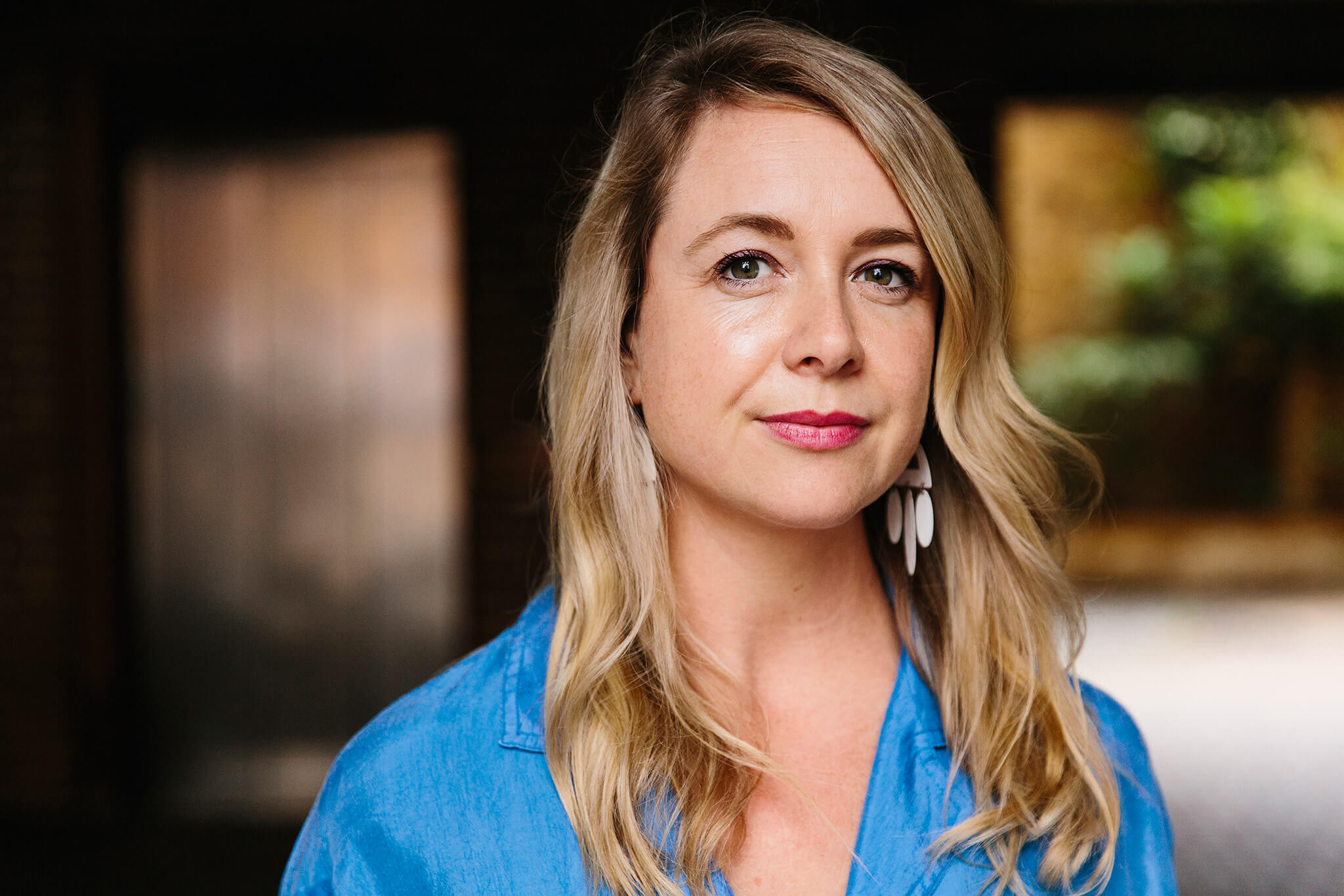
It has all these weird bumps and crenulations and flutings on it. Scientists have been really interested, for a long time now, about the shape of the beaked whale's skull. They hunt by biosonar, they communicate with one another under the water. They live in an acoustic environment that I guess their sensory acuity is really honed to interactions in sound. Some of them spend hours, many kilometers, beneath the ocean surface, hunting. Beaked whales are best thought of as very deep sea living whales. One has to do with a kind of whale called a beaked whale, which is in its body shape, a little bit like a dolphin, but much larger and more kind of barrel-shaped. But among the most interesting things that I learned in the course of the research for Fathoms, I'll give you a few little stories. So they all have different ways of living in the world, different family structures, different acoustic environments that they live in, the way they sing, different kinds of diets. You have everything from toothed whales like orca, or killer whales as we call them here, all the way to the largest animal on the face of the planet, the blue whale. Rebecca Giggs: The whale family is an extraordinarily diverse clade of animals. This transcript has been edited for clarity.

Please view them as open invitations to dive deeper into each resource and topic explored. The episode-inspired artwork is by Lucy Haslam.) (The musical offering featured in this episode is Eye of The Storm by Ali Dineen. Rachel Carson: The Sea Trilogy, rereleased by the Library of America The Great Displacement: Climate Change and the Next American Migration, a book by Jack Bittle “Noiseless Messengers,” an essay by Rebecca Giggs Episode references:įathoms: The World in the Whale, Rebecca Giggs’ debut bookīen Yeoh & Rebecca Giggs, In Conversation about Fathoms Subscribe and listen to Green Dreamer in any podcast app, or read on for the episode transcript. Some of the topics we explore include how whaling accelerated and shaped the historical process of industrialization, what impacts various industrial activities have had on whale songs and cultures, the critical role of migratory species, such as the Bogong moth, on enriching the habitats that they pass through, and more. Rebecca’s debut book is Fathoms: The World in the Whale. Rebecca’s nonfiction focuses on how people feel towards animals in a time of technological and ecological change.

Her work has appeared in The Atlantic, Emergence, the New York Times Magazine, Granta, and in anthologies including Best Australian Essays, and Best Australian Science Writing. In this episode, we welcome Rebecca Giggs, an award-winning author from Perth, Australia.


 0 kommentar(er)
0 kommentar(er)
